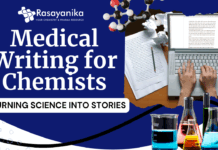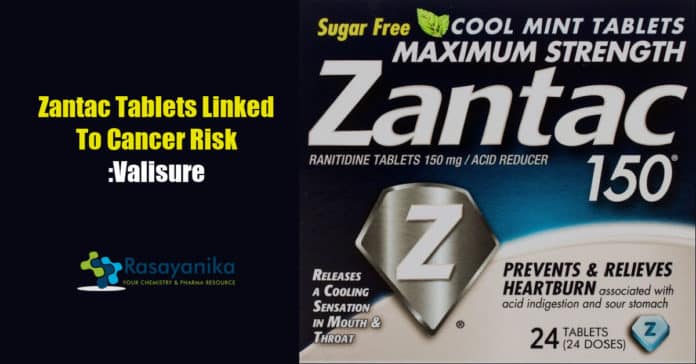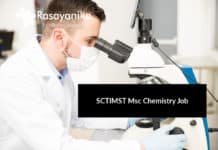Zantac linked to cancer risk: Valisure
Valisure, an online pharmacy, found high levels of a likely cancer-causing agent in Zantac and its generic imitators in 2019, causing a worldwide recall. Contamination was one concern; however, the larger concern, as Valisure saw it, was the instability of the ranitidine molecule itself.
Currently, the firm has presented data backing its suspicions that the once-popular heartburn medicine is intrinsically risky.
Valisure’s recent research, released in the JAMA, implies Sanofi’s Zantac and various other ranitidine medicines can cause the speculated cancer agent N-Nitrosodimethylamine (NDMA) to form under a variety of situations, even inside the human body.
In another research published in MedRxiv, the firm noted a considerable relation between the H2-blocker’s usage and higher thyroid, bladder, breast, and prostate cancer diagnoses.
Valisure claims that the N-Nitrosodimethylamine alarm started in 2018 with recalls of “sartan”- based blood pressure medications, extended with Zantac recalls and then to the familiar Type 2 diabetes drug metformin. Unlike the sartan medicine and metformin – which were most likely contaminated throughout the manufacturing procedure, specialists claim – ranitidine itself is the miscreant.
David Light, owner, and CEO, Valisure, stated that the pharmacy’s research backing years of study that ranitidine is
basically unstable and can form N-Nitrosodimethylamine in a range of situations including the inside human body and also could be a cancer-causing agent and toxic to people.Valisure utilized LC-HRMS to expose the speculated carcinogen in simulated gastric fluid. The firm differed pH, and nitrite and ranitidine concentrations, to analyze potential N-Nitrosodimethylamine formation under various conditions.
A representative from the company claimed that, at the 2-hour mark, scientists associated one 150 mg tablet of cool mint Zantac – combined with a low-end concentration of sodium nitrite – to the form 947 ng of N-Nitrosodimethylamine. When the nitrite concentration was raised, the Zantac produced around 320,000 ng of a possible cancer-causing agent. That is 320 micrograms – greatly overtaking the 0.096-microgram N-Nitrosodimethylamine concentration deemed safe for everyday human consumption.
Kaury Kucera, chief scientific officer, Valisure, stated that the company identified N-Nitrosodimethylamine in every brand and every dose type of ranitidine that they examined, whether nonprescription or prescription, and despite the manufacturer. This seems to be a radically distinct problem from N-Nitrosodimethylamine contamination present in medications such as valsartan and metformin as it is present in all ranitidine brands and is fundamental to the molecule itself.
For its MedRxiv research, Valisure analyzed 10,347 cancer patients. A cross-sectional evaluation showed ranitidine usage, versus various other typical heartburn medicines, was associated with a greater risk of breast cancer. The scientists observed comparable connections between ranitidine and thyroid, bladder, and prostate cancer threat.
Valisure’s study is something of a postmortem after the previous recall spree. In 2019, Sanofi drew all over the counter Zantac stocks from the United States, while the company’s spokesperson stated that she was not informed of any producers still selling or dispensing ranitidine items. Sanofi was not promptly available to clarify.
Valisure is not the only one to sound the alarm system on ranitidine. A research carried out by the Fred Hutchinson Cancer Research Center in 2008 examined the connection between breast cancer threat and 3 significant H2 blockers – cimetidine, famotidine, and ranitidine. After considering over 3,000 subjects, the scientists cleared famotidine and cimetidine; however, they discovered ranitidine was significantly linked with a usual type of breast cancer.
On the other hand, Valisure brought N-Nitrosodimethylamine to the fore of drug safety conversations in 2018 when it identified the possible carcinogen in valsartan, which led to its wave of recalls.
In 2020, the plot hardened when Valisure determined N-Nitrosodimethylamine in particular sets of metformin. Over a half-dozen suppliers had to remove their metformin products, and the recall parade has already entered into 2021.
Item pulls for metformin and “sartan” blood pressure medications have been linked to contamination particularly, and Valisure noted that, till now, epidemiological research has failed to associate valsartan use to any human cancers.
Zantac linked to cancer risk: Valisure
















































